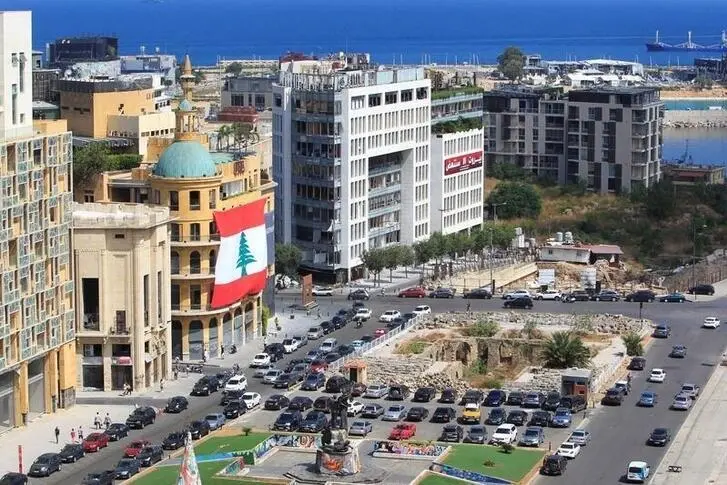PHOTO
The health of Lebanon's private sector continued to deteriorate, as political instability and weak purchasing power among domestic customers weighed on both business activity and demand, a survey showed on Monday.
However, rates of contraction slowed in both cases and there was also a fractional increase in the level of employment at the start of the second quarter, the BLOM Lebanon Purchasing Managers’ Index showed.
The PMI rose to 47.9 during April, from 47.4 in March, the highest in 11 months. The index however was still below the crucial 50.0 mark which separates growth from contraction. The uplift in the PMI was primarily due to slower declines in both business activity and new orders at the start of the second quarter.
Some companies mentioned weakness in demand as a contributing factor.
The devaluation of the Lebanese lira is one of the main reasons why we are not seeing any remarkable improvements in terms of level in the PMI, as the depreciation of the national currency is eroding further the purchasing power of Lebanese people and adversely affecting domestic demand," said Sami Baff, Research Analyst at BLOMINVEST Bank.
Another headwind to businesses was a rise in costs, with firms linking this to an unfavourable US dollar exchange rate. Average prices charged for goods and services increased at the strongest pace in three months during April, as firms looked to protect margins, the report said.
Despite the declines, there were some signs of stability in parts of the survey. Supplier performance and quantities of purchases were both little changed since March. The level of private sector employment in Lebanon rose fractionally at the start of the second quarter.
"Looking ahead, private sector firms in Lebanon remained pessimistic towards the 12-month outlook for business activity, with many respondents anticipating a further deterioration in financial conditions."
(Writing by Brinda Darasha; editing by Cleofe Maceda)





















